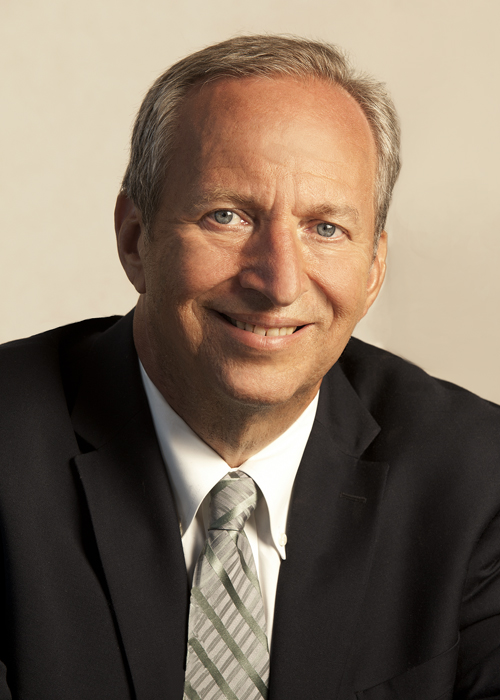In Europe, the stronger growth and reductions in unemployment are now arriving, ... But for better performance to endure, Europe will require substantial structural reforms.

"Lawrence Henry" ""Larry"" "Summers" is an American economist who is President Emeritus and Charles W. Eliot University Professor of Harvard University.
Born in New Haven, Connecticut, Summers became a professor of economics at Harvard University in 1983. He left Harvard in 1991, working as the Chief Economist at the World Bank from 1991 to 1993. In 1993, Summers was appointed Undersecretary for International Affairs of the United States Department of the Treasury under the Bill Clinton/Clinton Administration. In 1995, he was promoted to Deputy Secretary of the Treasury under his long-time political mentor Robert Rubin. In 1999, he succeeded Rubin as United States Secretary of the Treasury/Secretary of the Treasury. While working for the Clinton administration Summers played a leading role in the American response to the 1994 economic crisis in Mexico, the 1997 Asian financial crisis, and the 1998 Russian financial crisis/Russian financial crisis. He was also influential in the Harvard Institute for International Development/American advised privatization of the economies of the Post-Soviet states, and in the deregulation of the U.S financial system, including the abolishment of the Glass-Steagall Act.
If you enjoy these quotes, be sure to check out other famous economists! More Lawrence Summers on Wikipedia.These developments create a situation where I think there is more room than there might have been in the past to sit back and analyze what it is that happened, and think best about how in all of our countries we can avoid a recurrence of such problems.
Growing demand and growing markets and networks will tend to reduce costs and raise efficiency, making successful economic management all the more important.
As long as we keep our fundamentals strong...the dollar (and) U.S. borrowing costs will do just fine.
We believe the global expansion needs to be balanced up, not balanced down, ... An adjustment should take place in our countries through increased public savings. Internationally, there needs to be an adjustment through an increase in exports rather than reduced imports.
These are clearly issues of great complexity, there is no single structure, no single silver bullet that will be a solution to these problems.
It should not be a source of low-cost financing for countries with ready access to private capital, or long-term welfare for countries that cannot break the habit of bad policies.
There has not been a time in the last century where there has been so much misunderstanding of the US and so much misunderstanding by the US of the world.
Our national savings rate is still far too low, driven by a personal savings rate that is not where it should be.
Copyright © 2024 Electric Goat Media. All Rights Reserved.